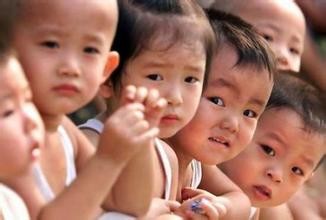As Beijing relaxes its grip on its one-child policy, an estimated 100 million Chinese couples will be eligible for a second child, according to a report by China Daily.
Citing Yuan Xin, a population scientist at Nankai University in Tianjin, China projected to accommodate millions of couples in producing a second child, the report said.
The central government implemented an initial program in 2013 in which couples who came from a one-child household would be eligible to have a second child. As of June, only 1.5 million of the 11 million eligible couples had applied for a second child.
Although a specific date has yet to be set for the full relaxation of the rule, observers note that changes are likely to come soon. Once implemented, the change could highly benefit rural families who are more interested in managing a bigger family, according to Yuan.
"The coming universal two-child policy would be much better received among the people than the previous policy relaxation," he said.
Yuan added that the government should also encourage favorable social and economic policies to ease the burden on couples who have more children to support.
Official statistics show that China's potential workforce, comprised of ages 16-59, peaked in 2011. After that period, it has been in decline ever since, as well as the number of working people in proportion to the total population.
Last year, the number of people within that age bracket was about 916 million, roughly 66 percent of the total population.
According to Mu Guangzong, a demographics expert at Peking University, the combination of a relatively low birth rate and the dwindling number in the workforce has created a dearth of future workers. Furthermore, he recommends the removal of limits on family size to reverse the trend.
"The looming labor shortage will upset sustainable socioeconomic development of the country," said Mu.



























